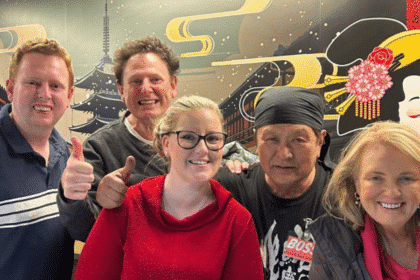ChatGPT, the AI tool that can generate surprisingly human bodies of text, was trained by Kenyan workers earning less than AU$3 per day, according to an investigation.
GPT-3, the predecessor to ChatGPT, was a powerful tool but had a propensity to spit out violent, sexist, and racist remarks after being trained on hundreds of billions of words scraped from all over the internet.
However, OpenAI, the company behind the two tools, decided that ChatGPT needed to be fixed and made nicer. To do that, Time, said that it copied many other tech companies and fed the AI with labelled examples of hate speech, sexual abuse, and violence in order to help the tool pick out bad content in the wild.
But, to get those labels, OpenAI sent “tens of thousands” of text snippets to Sama, a San-Francisco based outsourcing firm that employs workers in Kenya, Uganda, and India. Much of the text sent to workers in Kenya working on ChatGPT contained graphic descriptions of “child sexual abuse, bestiality, murder, suicide, torture, self harm, and incest.”
Sama markets itself as an “ethical AI” company and through its work for the likes of Google, Meta, and Microsoft has pulled more than 50,000 people out of poverty.
Time saw information on employee payslips and pages of internal Sama and OpenAI documents. It also interviewed four employees who worked on the project. All of them spoke anonymously out of concern for their livelihoods.
An OpenAI spokesperson said, “Our mission is to ensure artificial general intelligence benefits all of humanity, and we work hard to build safe and useful AI systems that limit bias and harmful content.
“Classifying and filtering harmful [text and images] is a necessary step in minimizing the amount of violent and sexual content included in training data and creating tools that can detect harmful content.”
One Sama worker said that he suffered from recurring visions after reading a graphic description of a man having sex with a dog in the presence of a young child. “That was torture,” he said. “You will read a number of statements like that all through the week. By the time it gets to Friday, you are disturbed from thinking through that picture.”
Sama to cancelled all its work for OpenAI in February 2022, eight months earlier than planned, due to its traumatic nature.
Workers were apparently offered sessions with “wellness” counsellors but these were apparently unhelpful and rare due to the high demands on productivity. A Sama spokesperson said that employees were entitled to individual and group counselling sessions “professionally-trained and licensed mental health therapists” that were available at any time.
OpenAI reportedly paid Sama US$12.50 per hour for the work — between six and nine times that paid to the workers on the project.
This kind of gruelling manual work is nothing new for tech companies in their efforts to moderate content. Facebook moderators reported having to watch murders and bestiality in order to help keep content on the site clean.








